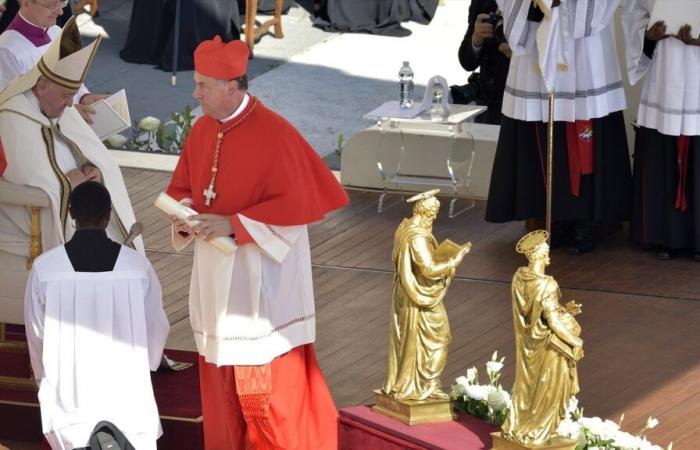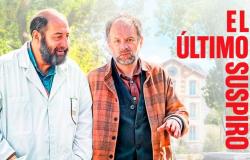For the first time in centuries, a Spanish cardinal is among the names with “real options” of becoming a potato. This has been pointed out by the journalist and correspondent in Rome Javier Martínez Brocal in Al Rojo Vivo de la Sexta. He points out that “this is the conclave that the Spaniards arrive with more possibilities.” Refers to Ángel Fernández Artime, 64, Asturian of origin and Salesian, whom he considers a “solid candidate” if the vote does not achieve consensus in the first attempts.
Fernández Artime was created Cardinal by Pope Francis in 2023, and maintained a close relationship with him since both agreed in Buenos Aires. Currently, he exercises as a prefect of the Dicasterio for the institutes of consecrated life and the societies of apostolic life, which gives him international projection and a deep link with religious life in his most missionary and committed dimension.
Next to him, another Spanish name that resonates in the pools is that of Cristóbal López Romeror, Almeria by birth and current archbishop of Rabat (Morocco). López Romero, also Salesiano, has been a missionary in Paraguay and stands out for his nearby mood and ability to communicate with diverse cultures. “He has a very interesting profile for his international experience and simple pastoral style,” Martínez Brocal said.
-Spanish potatoes in history
The possibility of a Spanish Pope, although remote in terms of absolute probabilities, would not be something unprecedented. Throughout history there have been three Spanish popes and an antipapa, although the last one was more than seven centuries ago.
The first Spanish Pope was San Dámaso I, born in the current Galicia and Pontiff between 366 and 384. He had an essential role in the consolidation of Christianity in the West and was canonized after his death. Later, in the fifteenth century, Calixto III arrived and his nephew Alejandro VI, both of the powerful Borja family. Calixto is remembered for his fight against the Ottoman Empire and for having initiated nepotism practices; Alejandro VI, for his scandalous personal life and for a papal stage marked by corruption and family policy.
Finally, there is the case of Pedro de Luna, known as Benedict XIIIwhich was proclaimed potato during the Schism of the West, although its pontificate is not officially recognized by Rome. Therefore it is considered an antipapa.






